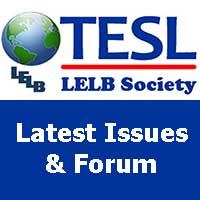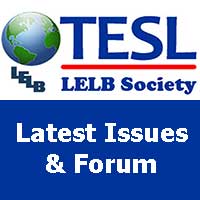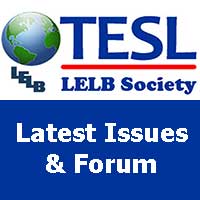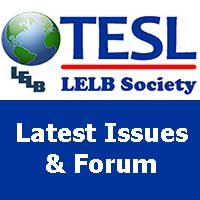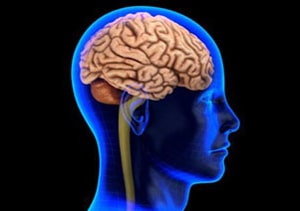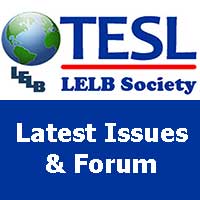Transformational Generative Grammar
Transformational Generative Grammar In the late 1960s, Noam Chomsky replaced behaviorism with cognitive psychology. Based on thinking, comprehension, memory, and uniqueness of language learning to the human species. Chomsky claims that the history of linguistics shows a move from an E-language to an I-language approach; “the shift of focus from the dubious concept of E-language …
